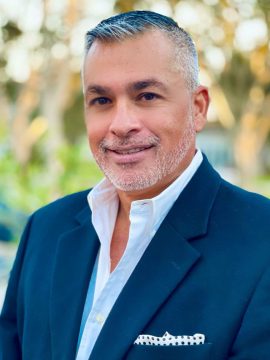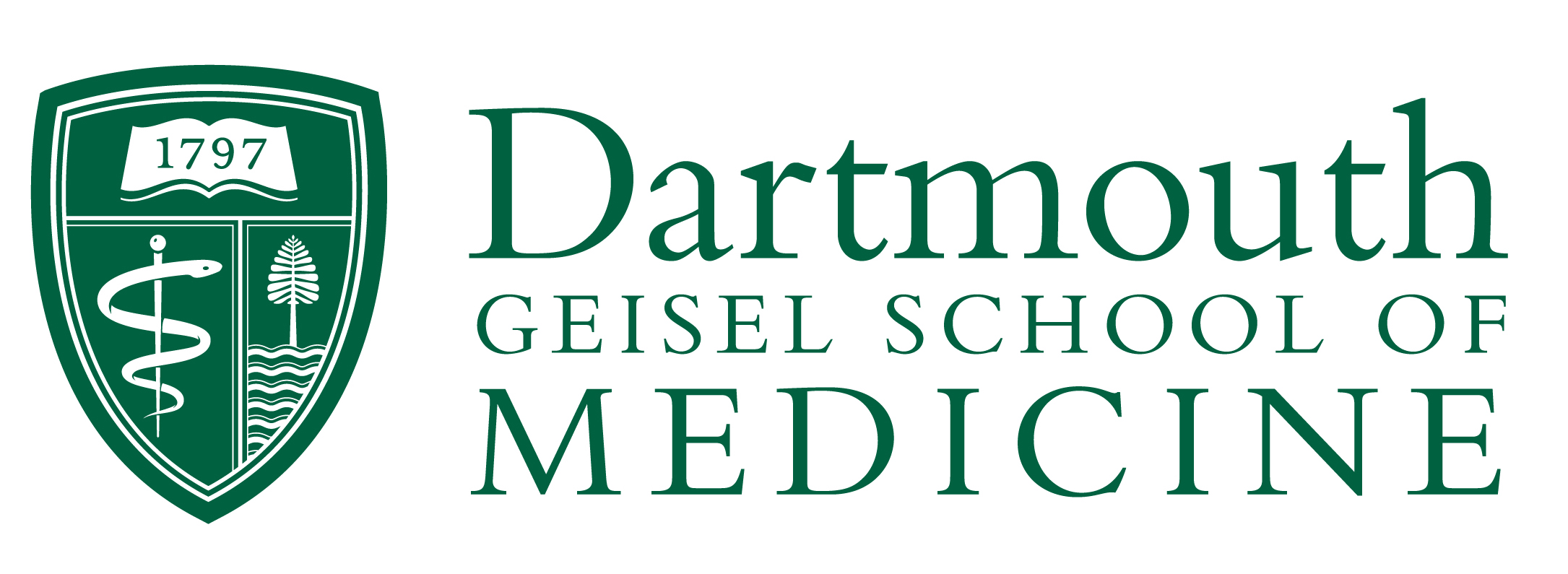Like physicians everywhere, Eric Quiñones fields his fair share of queries from loved ones with mysterious symptoms. But that’s not his only role. “I’m also the IT guy that people call,” he quips.

As chief healthcare advisor at World Wide Technology, whose Fortune 100 clients provide healthcare for 1 in 5 patients across the U.S., Quiñones integrates his medical education with the leading edge of digital technology to help C-level executives solve emerging problems in healthcare. Think: data and digital tools that innovatively transform healthcare to improve clinical outcomes, lower cost, improve the patient care experience, and enhance the clinician work life.
The med-tech bug bit Quiñones in 2001 during his clerkship with Joshua Lee, MD, then head of Dartmouth-Hitchcock’s Clinical Information Systems. Lee was building Dartmouth-Hitchcock Medical Center’s first electronic health record system. Quiñones was on the user interface team. “The engineers would write new code,” he recalls, “and I’d be responsible for breaking it.”
Quiñones credits his technical expertise to a self-described “geek gene,” congenital fearlessness, and on-the-job training with gifted engineers, including those on Lee’s team at Dartmouth-Hitchcock. Such collaborations yield optimal products for patients and providers, alike, he notes. “In the early days, a lot of health tech was developed by really talented folks with the best intentions, but without direct clinical guidance,” he says. “The tech that results is maybe more disruptive, adds more friction, than if clinicians were involved early on.”
Consider, for example, critical gaps in the earliest commercial electronic health records. “They weren’t asking about ethnicity, whether English is the patient’s first language,” recalls Quiñones, who is Chicano. “I was very vocal about building social determinants of health into the software.” Today, Quiñones helps his clients—especially those in federal agencies like the Veterans Administration—work through the logistics of optimizing care for patients who don’t have the latest smart phone or who have only spotty internet access.
As the first in his Los Angeles family to attend college, Quiñones now co-chairs Geisel’s LatinX Alumni in Healthcare and Biomedical Science affinity group. “I didn’t realize I was becoming a role model,” he says of his journey from L.A. to Hanover and back again.
Written by Sharon Tregaskis





